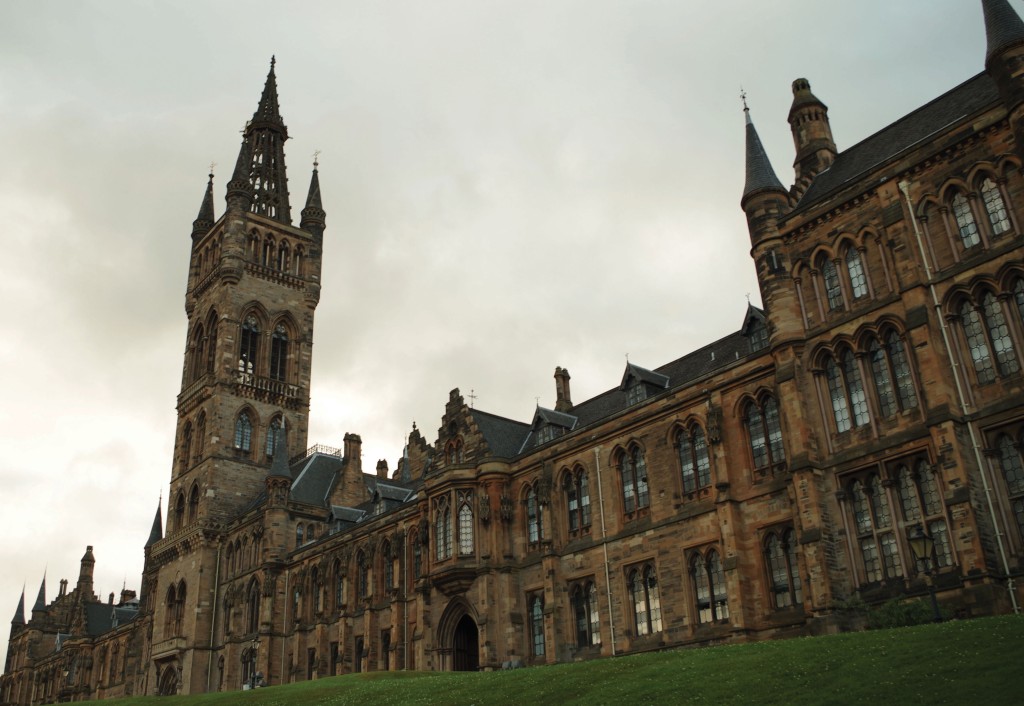You have free articles remaining this month.
Subscribe to the RP Witness for full access to new articles and the complete archives.
Andrew Melville was born in 1545 in Montrose, Scotland. He was the youngest of nine sons. Orphaned in childhood, he was raised by his eldest brother, Richard, and educated first at Montrose Grammar School, and then at St. Mary’s College, St. Andrews University, entering at the age of 14 to study philosophy. A highly gifted student, he left four years later, “the philosopher poet and Grecian of any young master in the land.” Further study took him to Paris and Poitiers, before taking up the Chair of Humanity in Geneva’s renowned Academy.
In July 1574, two years after the death of John Knox, he returned to Edinburgh, “and at once took up the mantle which the Scottish Elijah had dropped.” It was a time in the development of the young Reformed Church in Scotland when decisive steps were being taken to abolish the Episcopalian form of church government, and the gifted Melville was quickly engaged by the Scottish Church in the process. He played a leading role in the production of the Second Book of Church Discipline and was proactive in asserting the Word of God as the sole authority in all matters ecclesiastical and in terms of the relationship between church and state. Melville’s labors didn’t go unnoticed by the adherents of episcopacy, and he soon became the object of much derision and criticism. But he responded as a godly man should. McCrie says of him “that in exerting this influence he never overstepped the bounds of moderation, and the fervor of his zeal…never infringed the rights nor unnecessarily wounded the feelings of good men who might conscientiously differ from him.”
Melville’s interests went beyond church polity. He was a keen and enthusiastic advocate for educational reform, and through his efforts new constitutions were written for both Aberdeen and St. Andrews Universities. Serving as principal of the University of Glasgow from 1574 to 1580, he initiated a program of reform that resulted in an unprecedented surge in the student numbers and laid the foundation for the institution that exists today.
However, he was never allowed to drift far from the demands of Christ’s bride, and with the ascension of King James VI to the throne he soon found himself once more at the forefront of the struggle on how the church should be governed—a struggle fueled by the desire of the monarchy for control. His involvement led to him being summoned before the Privy Council in 1584 on charges of making seditious and treasonable remarks. When found guilty, and then sentenced to remain at Edinburgh Castle at the king’s pleasure, he fled to England. During his exile, the Scottish Parliament passed the Black Acts, which condemned presbyteries, confirmed the power of bishops, and gave the king power over all religious matters.
Undeterred upon his return to Scotland in November 1585, Melville set about restoring the liberties of the church and was appointed to serve as moderator of the General Assembly in 1587 for the third and penultimate time; his last appointment was in 1594. In 1592, through his redoubtable efforts, he witnessed the parliament revoke the Black Acts and pass an act that embodied and ratified the leading points of the 1578 Second Book of Discipline. This led to a further period of growth in the Scottish Church. However, as is always the case, the enemy is most ferocious in his prowling when the church is progressing. At a special meeting of the Privy Council in 1596, Melville, although not invited, took it upon himself to attend as a commissioner of the General Assembly and proceeded to address the gathering and to declare to King James the famous utterance, “There are two kings and two kingdoms in Scotland: there is Christ Jesus the King of the church, whose subject king James the Sixth is, and of whose kingdom he is not a king nor a lord nor a head, but a member.”
His pertinent words fell on deaf ears, though, because James restored the earls to their former position and passed laws establishing Episcopalian church government once again in Scotland. Melville was subsequently sent to the Tower of London where he was confined until April 1611. After being released, he was permitted to travel to France to take up the post of professor of divinity at the University of Sedan. There he remained in exile until his death at age 77 in 1622.
How do you sum up the life of such a man? He was a lover of the Lord Jesus Christ and His bride. Melville expressed that love in his unwavering commitment to the Word of God and to seeing its fulfillment in the lives of men and women, whether in the church or the state, to the glory of God.
Andrew Quigley | Airdrie, Scotland, RP Church
